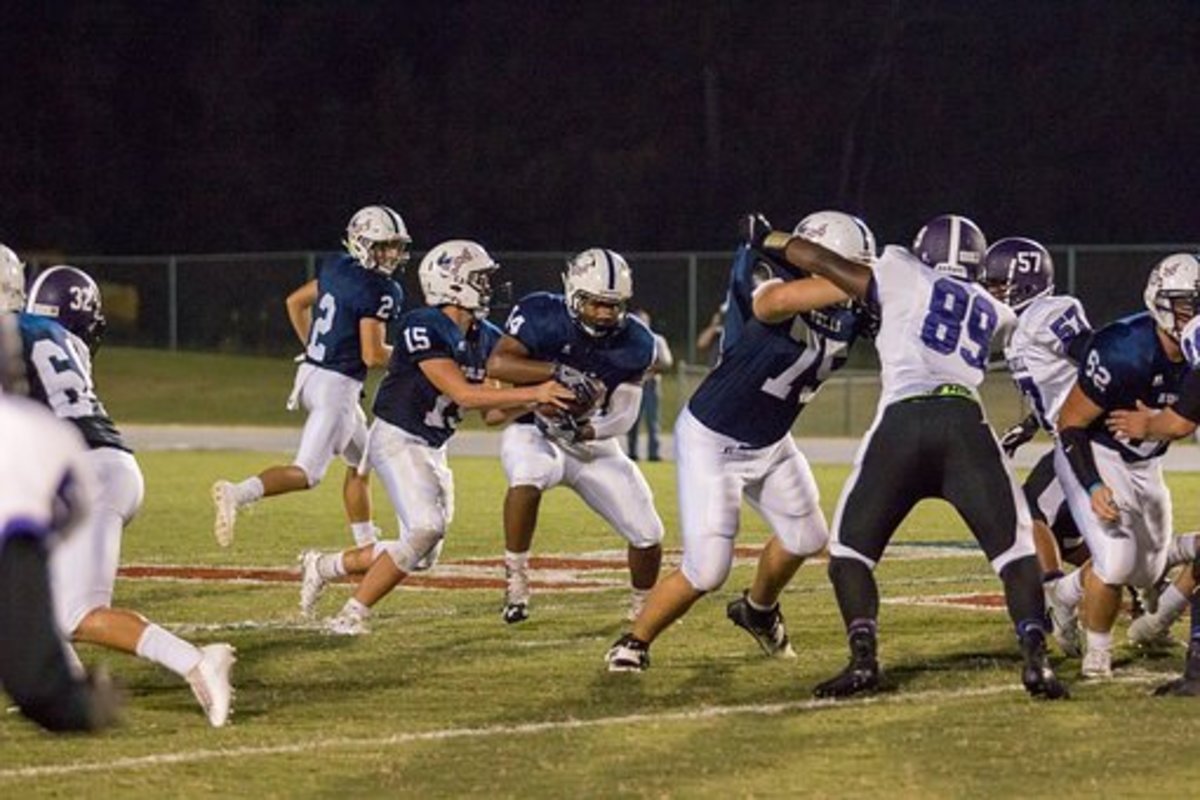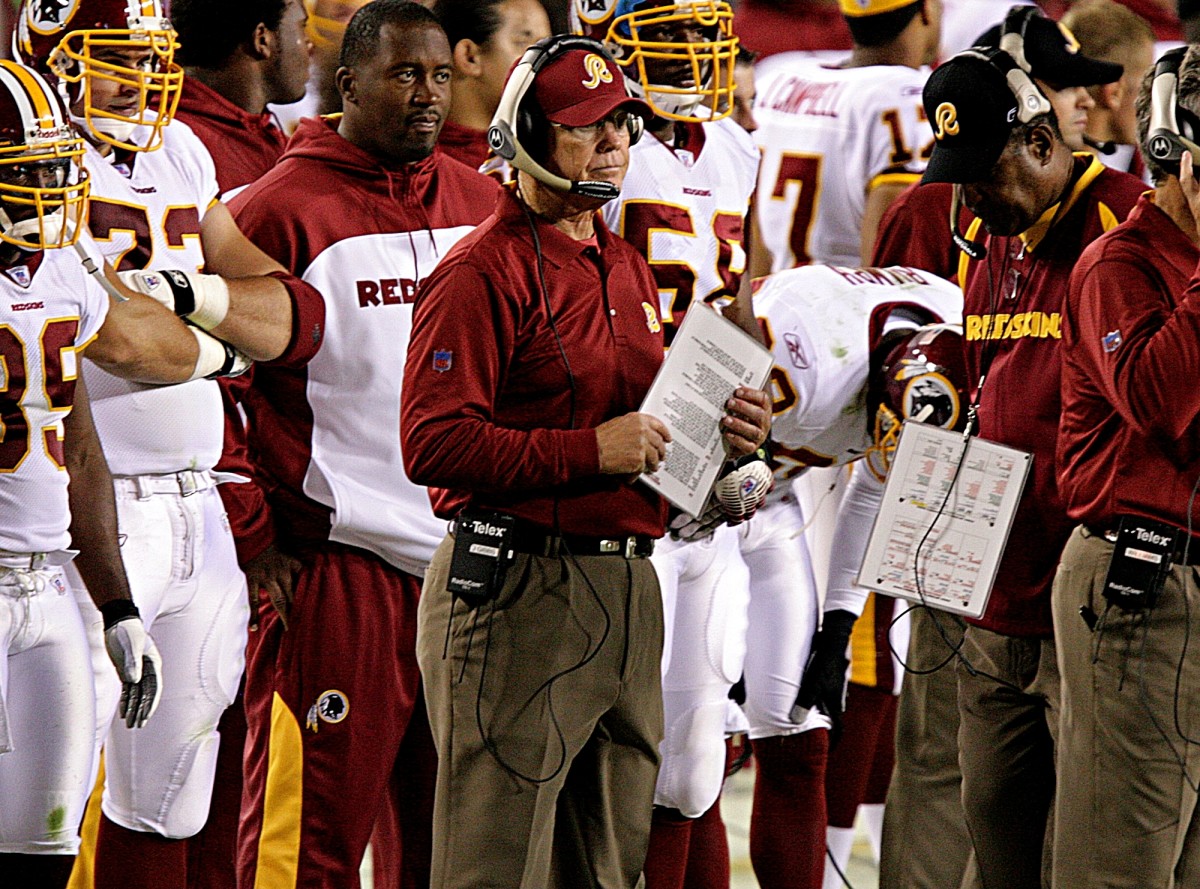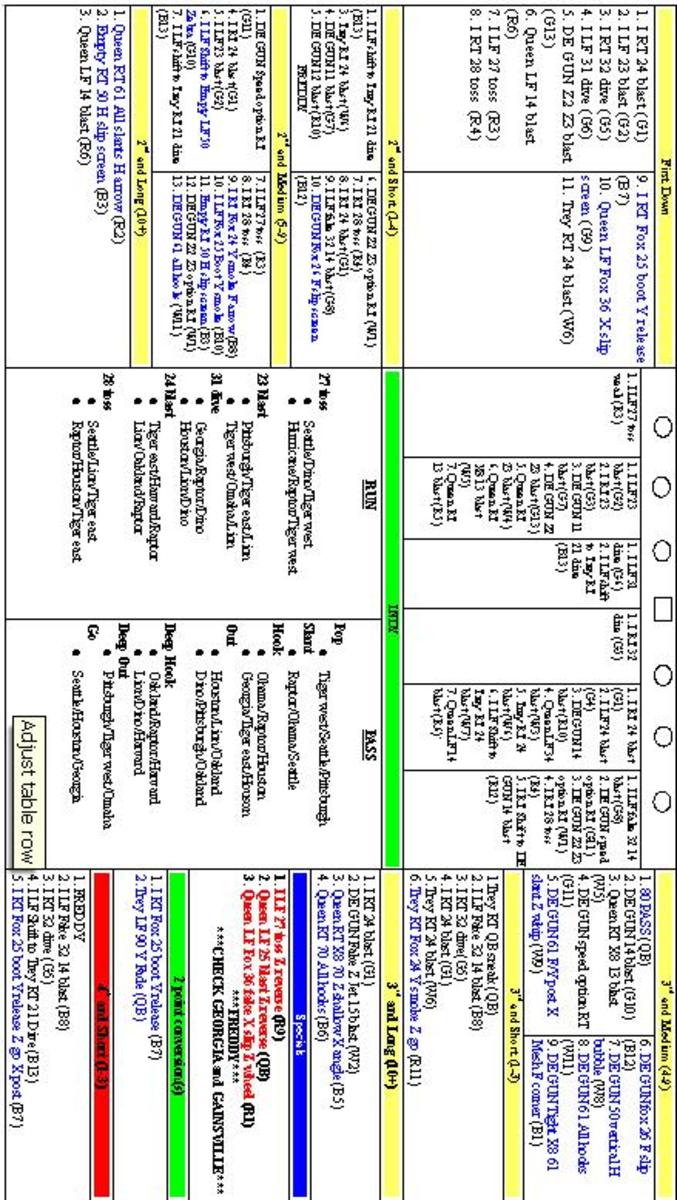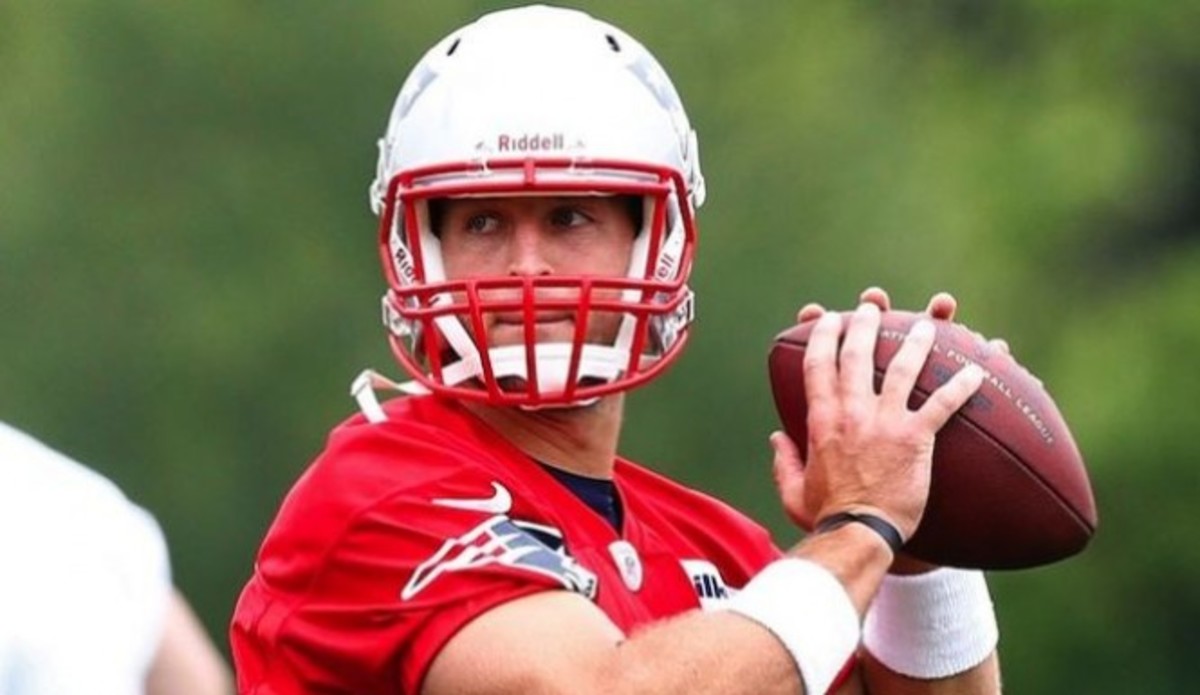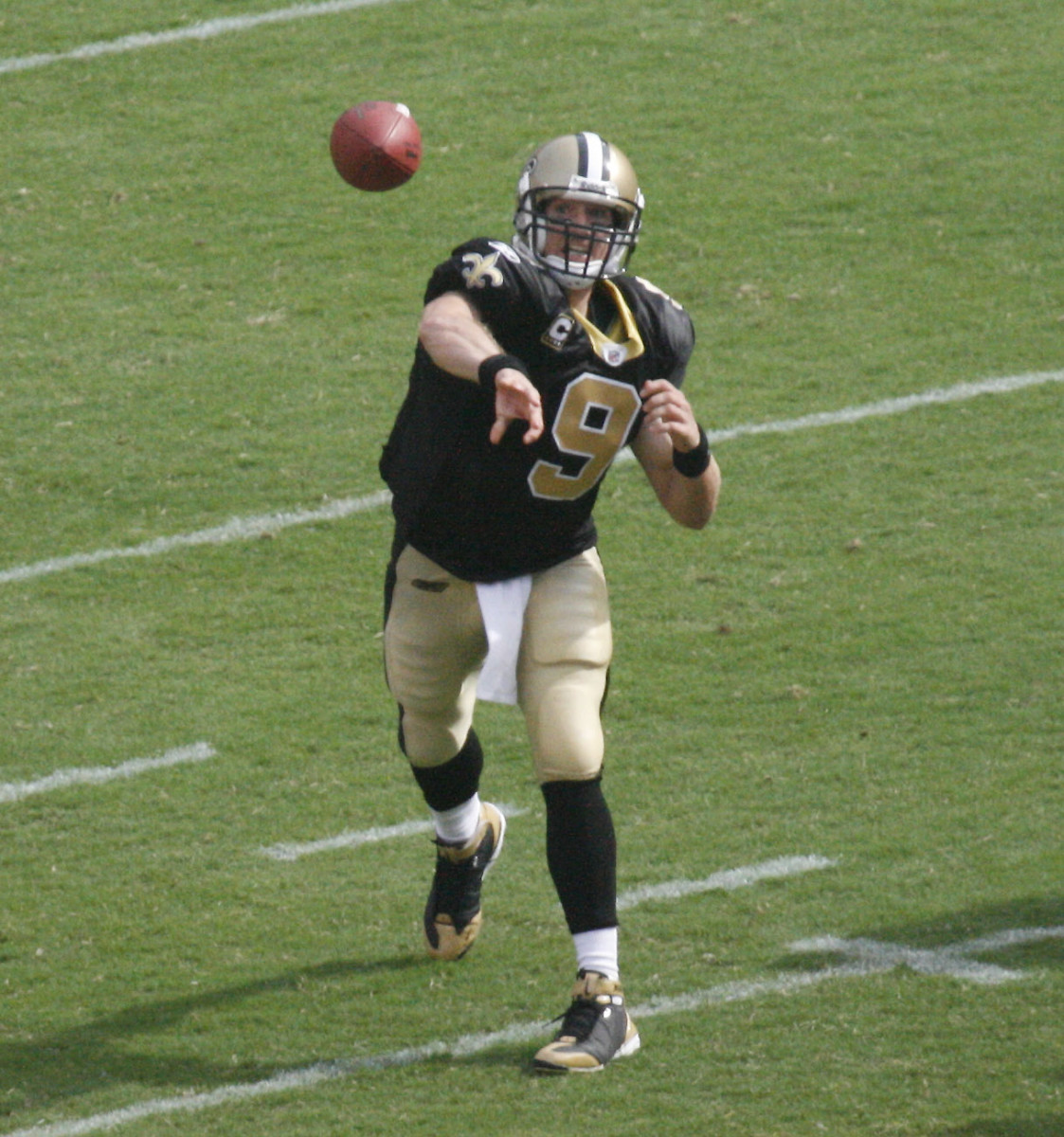Michael Oher: How football, perseverance, and kindness saved his life
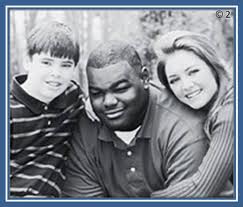
I had originally intended to write an inspiring piece about the movie, "The Blind Side", but I would be seriously remiss if I did not mention the difference between truth and movie. As with any movie made about someone's life, there are some places where the story parts ways with what actually happened. But for the most part, this was relatively well done.
The story of Michael Oher reads like a novel: son of a druggie, impoverished, homeless. He ended up going to a rich kids school and was taken in by a wealthy, white family who eventually adopted him. He went from the "gutter" to being heavily recruited to the best football schools and then to the NFL. Yes, it ended up being a book and then a movie - and it was all true, right?
Well, not if you are Michael Oher. I watched the movie, "The Blind Side" and I loved it. The boy who went from nothing, from stupid, unloved, and unknowing, to someone who was smart and educated and loved. But according to his recent book, I Beat The Odds, he states:
"I felt like it portrayed me as dumb instead of as a kid who had never had consistent academic instruction and ended up thriving once he got it. Quinton Aaron did a great job acting the part, but I could not figure out why the director chose to show me as someone who had to be taught the game of football. Whether it was S.J. moving around ketchup bottles or Leigh Anne explaining to me what blocking is about, I watched those scenes thinking, 'No, that's not me at all! I've been studying — really studying — the game since I was a kid!' "
Now, when I was watching The Blind Side, it hit me, as a parent and educator, that this kid was not stupid and he most certainly was listening. A child who has not been in a regular learning situation, in and out of schools with no stable home - can you really expect them to have assimilated any knowledge? But once the Tuohys gave him a more stable environment, his abiities - both physical and mental - blossomed. However, I should mention that he actually came and went at the Tuohys and didn't always spend every night there (but Leigh Anne did worry about him when he wasn't there). I certainly do not want to dissuade you from seeing this touching, inspiring movie but I do want you to understand that it is not necessarily completely true and not necessarily a perfectly true depiction of Michael Oher.
To start at the beginning, Michael was in and out of foster care because of his mother's addiction to drugs and alcohol. He had to crash on people's couches, and, just like in the movie, he was staying at Tony Henderson's house. Mr. Henderson had, in fact, promised his mother that he would get his son into Briarcrest and did try to help get Michael Oher into the school as well. So far so good. And "Big Mike" was incredibly talented and big. So the high school coach went to bat for the big, talented kid - but in the movie, the coach invokes the religious nature of the school to persuade the board to admit Michael. In reality, the headmaster accepted Michael conditionally based on his completion of a home study course. Although he never did finish the home study, he was still permitted to attend. And without his attendance of Briarcrest, he would never have met the Tuohys. Their love and dedication and giving enabled him to tap into his inner talents and use his gifts and talents to good purpose.
The hard work, intensity, and perseverance of Michael and the sheer dedication of time and resources of the Tuohys is probably the greatest lesson in this whole story. In order to succeed, sheer luck and circumstance were not enough. A truck-load of effort and work were the only way that Michael Oher could use the tools that he was born with and those he was generously given by others. Imagine - it was over a year and a half after he came to Briarcrest that he met the Tuohys. The story as told by Michael Lewis, who attended Briarcrest with Sean Tuohy, is the basis of the movie - but not how Michael Oher remembers it. He remembers knowledge of the game of football and years of school work to finally achieve that coveted grade point average.
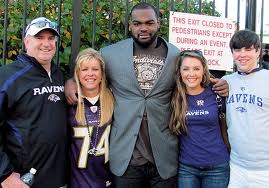
After all of his hard work, he was recruited for - and eventually was hugely successful in - collegiate sports. But the real point of the movie and my hub, was really just to emphasize something said by Leigh Anne in one of the final scenes of the movie. Several newspapers are flashed across the screen and she talks about how any of these young men could have been Michael - but they weren't. He made it out of terrible circumstances through a combination of supreme effort and sheer "luck" and survived and ultimately, thrived. How many people are out there that could use our help? How many will die this year because they don't have someone to help them, protect them, love them? If all you take away from this movie is that there are many others who are doomed to sad lives because of their environment despite whatever talents and abilities they possess, then I will have done what I set out to do.

